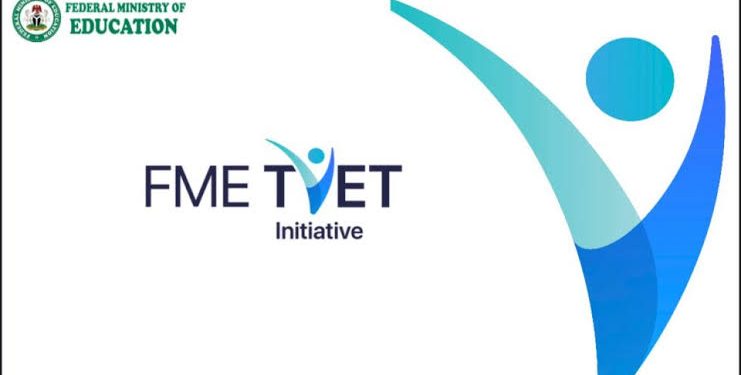The Federal Government has inaugurated a 25-member committee to establish the Nigerian Education Data Initiative (NEDI) as part of a broader plan to reform the education system, with a strong focus on Technical and Vocational Education and Training (TVET). This move aligns with national efforts to bridge the gap between education and industry needs, and to provide employable skills for the country’s growing youth population.
Just days after launching the TVET application portal, the government announced that it had received over 90,000 applications—a figure described by the Minister of Education, Dr. Tunji Alausa, as a clear indication of the rising awareness among Nigerians about the value of practical, skills-based education. The TVET programme officially kicked off on May 30, targeting youth employment and economic self-reliance.
In a statement released on his official X (formerly Twitter) account, the Minister highlighted the enthusiasm shown by applicants while also acknowledging technical complaints encountered during registration. He urged applicants to ensure consistency in their personal identification details, especially between their BVN and NIN, to prevent submission delays. The Ministry, he said, is working swiftly to address all issues and ensure a smooth application experience. Registration remains open through the official portal: http://tvet.education.gov.ng.
The TVET programme is one of the flagship interventions by the Federal Government to transform technical education and make it more responsive to labor market needs. A major component of this initiative is the introduction of a N45,000 monthly stipend for students attending technical colleges, aimed at encouraging more young Nigerians to embrace vocational and technical pathways.
Curriculum reform is another central pillar of the TVET strategy. The new curriculum now dedicates 80% of instructional time to practical, hands-on learning, while theoretical instruction is limited to 20%. This shift is designed to ensure graduates are job-ready with skills that match real-world demands.
In addition, the Ministry of Education has trained over 270 technical instructors in digital literacy and industry-specific trades to prepare them for the evolving educational environment. The government has also updated the national basic education curriculum to introduce 15 new vocational trades, enabling students to begin acquiring relevant skills from an early age.
Complementing these efforts is a new artisan-led mentorship system being implemented across technical colleges. Under this model, experienced craftsmen are assigned to mentor students, providing real-life exposure and a direct link between education and the workplace.
Nigeria has also signed a Memorandum of Understanding with China to enhance the reach and quality of its vocational training through strategic partnerships. This collaboration is expected to drive improvements in training infrastructure, curriculum development, and access to advanced technical skills.
With the establishment of the Nigerian Education Data Initiative and the expansion of TVET programmes, the Federal Government is positioning education as a cornerstone of economic transformation, aiming to tackle youth unemployment and support sustainable development through a more skilled and job-ready population.










